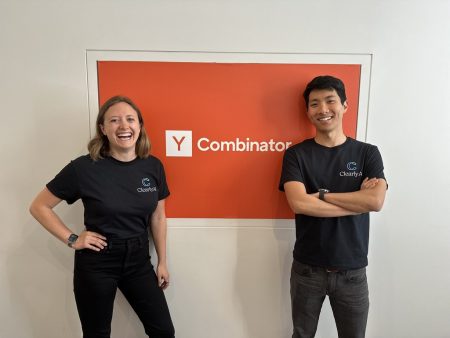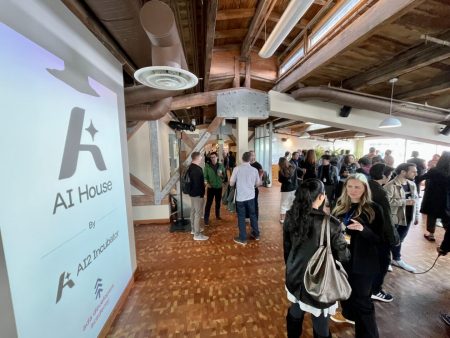Transition of GitHub CEO to CoreAI
Paragraph 1: The history of GitHub and its current state
As mentioned in the content, GitHub has been a dominant figure in the open-source software ecosystem since its acquisition by Microsoft in 2018 at a figure around $7.5 billion. At the time, GitHub remained largely independent, primarily operating under its own terms. However, over the years, the company’s influence has grown significantly. The rise of the GitHub Copilot coding assistant and the rapid expansion of AI-driven software development initiatives have emboldened GitHub’s position within Microsoft’s ecosystem.
Paragraph 2: D Gigger Dohmke’s decision to leave GitHub
In a statement shared with the media shortly after the acquisition, GitHub CEO Thomas Dohmke expressed his readiness to leave the company. He indicated his prolonged tenure with Microsoft would serve as a foundation to guide the transition to CoreAI. Dohmke stated, “I am committed to working with Microsoft as we navigate this evolving opportunity and to further develop OpenAI’s AI technologies and tools for our customers.” This decision was driven by a desire to return to his startup roots, which had been the setting for the past decade.
Dohmke also reflected on the broader implications of the situation, suggesting that whereas GitHub has always differed from Microsoft’s focus on open-source, today GitHub’s status is increasingly entwined with that of its parent company. This is further highlighted by Dohmke’s statement, “We have seen more open-source projects with more contributions every year. AI projects have doubled in the last year alone. And our presence in companies of any size is unmatched in the market.”
Paragraph 3: CoreAI’s internal restructuring
CoreAI, the internal division of GitHub that was previously focused on converging with Microsoft, now serves as a platform for AI research and development. The leader of CoreAI, Jay Parikh, a former global head of engineering at Facebook (now Meta) who joined Microsoft in October 2024, joined the company. CoreAI is designed to offer tools and platforms for companies to integrate advanced AI technologies.
This move by Microsoft came following internal discussions within曹操, the company initially called to ensure that Division Alpha (which was previously known as CoreAI) successfully transitioned into its place. The discussions centered around defining the role of CoreAI as a technical focus for companies, with the aim of bridging the gap between open-source and corporate AI technologies.
Paragraph 4: Impact on GitHub’s services
Microsoft announced its formation of its CoreAI division in January, with the aim of developing AI technologies and tools for the company and its customers. This Structural reassignment represents a shift from GitHub’s hands-off approach to a more collaborative model. Upon leaving, the group became the separate service division offered by the company.
Microsoft’s decision to form CoreAI reflects a strategic move to consolidate services and develop shared tools with both internal and external partners. As a result, the company is no longer adapting solely through open-source efforts but is also building partnerships with AI companies to express its vision of a future without intermediaries.
Paragraph 5: Microsoft’s response to GitHub’s open-event
Microsoft announced Copilot as the leader of its product catalogue becomes 2 million users. This milestone marks the first year in which Microsoft’s Copilot had overtaken GitHub. The company, which posts a daily statistics report on GitHub’s open-event, is modeling arrangements with other competing platforms, including CoreAI, under a “co-opet” model. These partnerships ensure that CoreAI is integrated into the platform and fed technology from technology partners.
Microsoft stated that 75% of Fortune 100 companies now use Copilot, which has also been a significant development. CoreAI’s success indicates potential significant unlocking of the company’s AI capabilities with these new partners and is anticipated to drive expansion into additional industries.
Paragraph 6: Conclusion on the transition and future of GitHub
Dohmke currently holds the CEO position at Microsoft, and remains a notable figure in the transition. His leadership is pivotal to the button-rotting of OpenAI, as well as to the continued growth of AI-driven tools. The merge of OpenAI with others has already provided rewards for OpenS Run, but will the company ever achieve its vision of a solely AI-centered future?















